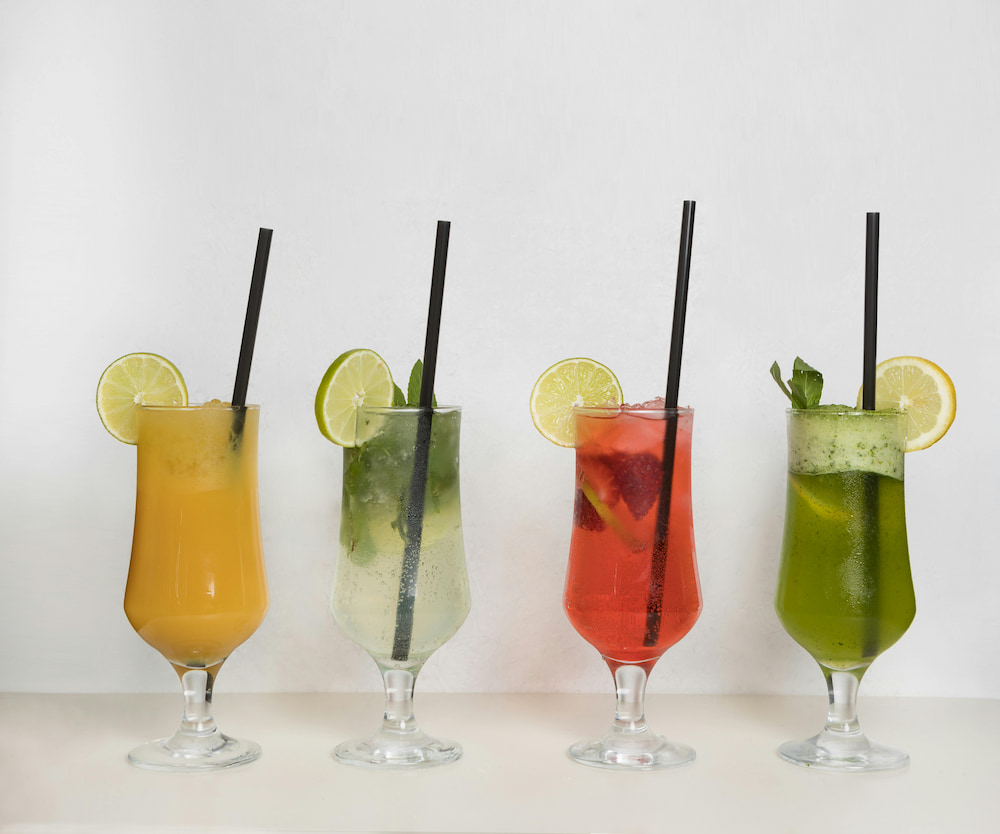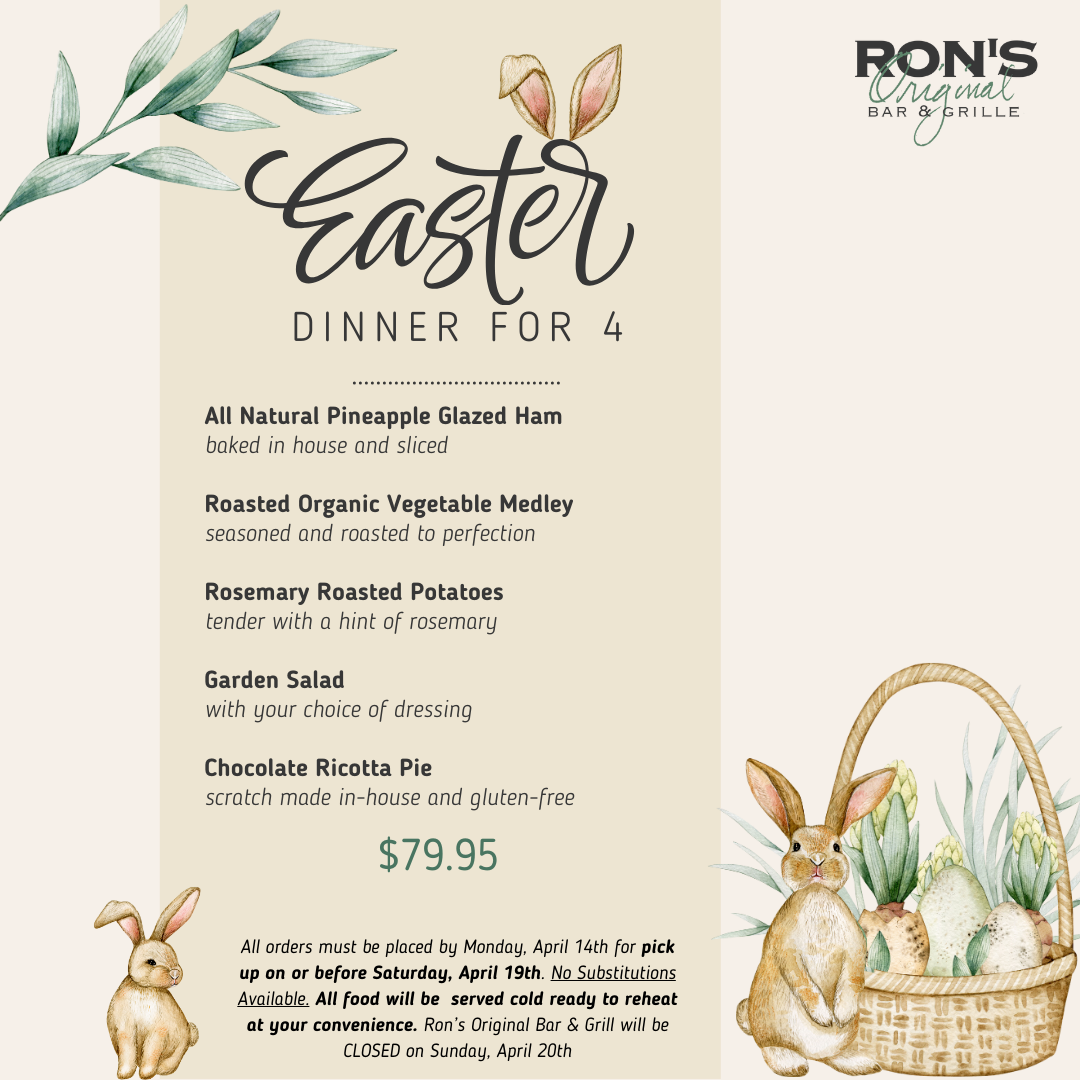In recent years, there has been a significant shift in how people approach drinking—one that moves away from alcohol-centric culture toward a broader range of non-alcoholic beverage options. From mocktails and non-alcoholic wines to craft beers and functional beverages, the trend toward non-alcoholic drinks is not just a passing fad but a movement with staying power. As more individuals seek to cut back on alcohol, whether for health, wellness, or lifestyle reasons, the demand for high-quality, flavorful non-alcoholic options has never been greater.
This change is not just about reducing alcohol intake—it’s about offering choice, promoting healthier habits, and making social gatherings more inclusive. In this article, we’ll explore why the rise of non-alcoholic beverages is so important, how it reflects broader cultural shifts, and why it’s a trend that’s here to stay.
The Rise of Mindful Drinking
The trend toward non-alcoholic beverages is largely driven by the growing mindful drinking movement, which encourages individuals to be more conscious of their drinking habits and the impact alcohol has on their physical and mental well-being. People today are more aware than ever of the potential negative effects of alcohol, from its impact on sleep quality and mental clarity to its long-term health risks, including liver disease, high blood pressure, and increased cancer risk.
As a result, many people are choosing to reduce their alcohol consumption or abstain from it altogether. According to recent studies, a growing number of consumers, particularly younger generations like Millennials and Gen Z, are adopting sober curious lifestyles, where they experiment with periods of abstinence from alcohol to see how it affects their well-being.
For some, the goal is moderation rather than total abstinence. However, regardless of the approach, the underlying desire is clear: to enjoy the social and sensory pleasures of a drink without the negative side effects associated with alcohol.
Expanding the Non-Alcoholic Beverage Landscape
What was once a limited selection of bland, overly sweet, or poorly crafted alcohol-free options has evolved into a diverse and exciting array of non-alcoholic beverages. This shift is reshaping the beverage industry, offering everything from non-alcoholic beers and spirits to cold brew coffee, kombucha, teas, and herbal elixirs.
Non-alcoholic beers, for example, have come a long way from their uninspired predecessors. Today, top breweries around the world, including Heineken, Guinness, and Athletic Brewing Co., are producing alcohol-free versions that rival their alcoholic counterparts in taste, mouthfeel, and complexity. These beers are often brewed with the same care and attention to detail as their regular versions, offering the same refreshing qualities without the alcohol.
Similarly, non-alcoholic wines and spirits have improved dramatically in quality. Brands like Seedlip and Gruvi have made a name for themselves by offering alcohol-free alternatives to cocktails, with carefully crafted blends of botanicals and flavors that provide a sophisticated and complex drinking experience. And mocktails—alcohol-free cocktails—have become a mainstream option on bar and restaurant menus, offering drinkers the chance to enjoy the same creative and flavorful drinks as those with alcohol, without the buzz.
As the demand for these beverages grows, producers are innovating, experimenting with new flavors, and refining their recipes to meet the tastes of consumers who are looking for something unique and satisfying—without the alcohol.
The Health Benefits of Non-Alcoholic Beverages
One of the most compelling reasons for the rise of non-alcoholic beverages is the growing awareness of their health benefits. Alcohol is often linked to weight gain due to its high calorie count, and many non-alcoholic drinks offer a lower-calorie alternative without sacrificing flavor. This makes non-alcoholic beverages an attractive choice for those looking to cut calories, manage their weight, or simply make healthier choices.
Additionally, alcohol can interfere with sleep quality, and many individuals have reported experiencing better rest and improved overall wellness after reducing or eliminating alcohol from their diet. Non-alcoholic beverages, particularly those with ingredients like herbs, botanicals, and natural fruit infusions, can provide a calming or rejuvenating experience without the negative side effects that alcohol often brings.
The shift away from alcohol also ties into a broader focus on mental wellness. Alcohol, while often associated with relaxation, can actually contribute to anxiety and depression in the long term. Non-alcoholic beverages provide a way for individuals to engage socially without compromising their emotional health. This growing awareness is why the demand for beverages that promote mindful relaxation, such as functional teas, adaptogenic drinks, and CBD-infused beverages, has also seen an uptick.
Making Socializing More Inclusive
Another critical factor in the rise of non-alcoholic beverages is their role in making socializing more inclusive. Traditionally, alcohol has been at the center of most social interactions—whether it’s grabbing a drink with friends after work, toasting to a celebration, or enjoying a glass of wine with dinner. However, not everyone drinks alcohol, and many people are increasingly looking for ways to socialize without the pressure to consume alcohol.
Non-alcoholic options allow those who don’t drink—whether by choice, due to medical reasons, or because they are the designated driver—to still participate in social activities without feeling left out. Whether it’s enjoying a mocktail at a bar, sipping on non-alcoholic wine at a dinner party, or choosing a refreshing alcohol-free beer at a BBQ, these beverages provide alternatives that cater to a more diverse range of preferences.
For businesses, offering a robust selection of non-alcoholic beverages is a way to make their environment more welcoming for all customers. It signals an understanding of the importance of inclusivity and a commitment to providing options that cater to a variety of needs.
The Importance of Quality Ingredients
While the market for non-alcoholic drinks has exploded, one aspect that cannot be overlooked is the quality of ingredients. To truly elevate the non-alcoholic experience, beverage makers must use high-quality ingredients—just like with their alcoholic counterparts. From fresh juices to premium herbs, botanicals, and spices, these ingredients are the foundation of flavorful, enjoyable drinks.
At places like Ron’s Original Bar & Grille in Exton, PA, where we’ve recently expanded our beverage menu to include mocktails and non-alcoholic options, we take pride in using only the finest ingredients to craft our drinks. By focusing on freshness and quality, we ensure that our guests get the best possible experience, whether they’re choosing a non-alcoholic beer, wine, or a carefully crafted mocktail.
More Than Just a Trend
The rise of non-alcoholic beverages represents more than just a trend—it’s a reflection of a cultural shift toward healthier, more mindful living. Whether it’s choosing to cut back on alcohol for health reasons, participating in the sober curious movement, or simply enjoying a flavorful drink without the buzz, non-alcoholic options are becoming an essential part of the beverage landscape.
From non-alcoholic beers and wines to creative mocktails, the range of beverages available today allows consumers to enjoy a variety of flavors and experiences—without the downsides of alcohol. As this movement continues to grow, it’s clear that non-alcoholic beverages are here to stay, offering a refreshing, inclusive, and health-conscious alternative for all kinds of social occasions. At Ron’s Original Bar & Grille, we are proud to be part of this shift, offering a range of delicious, high-quality non-alcoholic options that cater to the diverse needs of our guests. Cheers to the future of mindful drinking!


